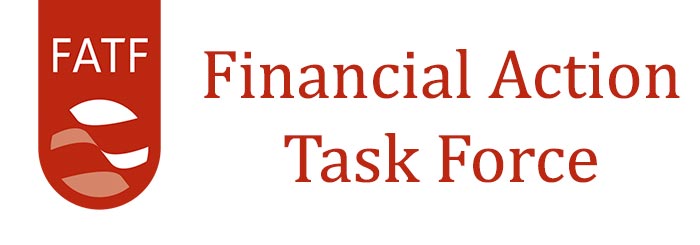The cryptocurrency sector was created based on avoiding the strict regulatory measures in traditional banking systems while at the same time bring independence when making these transactions.
Due to the latter regulators such as the Financial Action Task Force has been working around the clock to put the sector under proper regulation. However, the latest recommendation to transfer the same laws in traditional financial systems to the cryptocurrencies sector is not seating well with stakeholders.
On June 21, the Financial Action Task Force will publish its clarification on its latest rule, which requires stakeholders in the crypto sector to collect information of customers who make transactions which amount to over 1,000 Euros or 1,000 US dollars. Besides the sender, the affected parties will also be required to collect details of the recipients and send the complete data to the recipient’s service provider.
The law will affect all crypto hedge funds, crypto custodians together with crypto exchanges — the affected group form business operators running cryptocurrencies and token based operations.
Per various experts views regarding the guidelines will pose a huge threat once it’s imposed. Firstly, many exchanges facilitate transactions running into millions of dollars per day, and since the new guideline requires data to be collected on every transaction, things are not looking good. Notably, there is no specific system that is created to handle such a task.
For the latter to be implemented, exchanges need to come together and create a new system that would run alongside their exchanges to collect the data. If the latter goes into motion, it will dig deeper into the cost of running the exchanges.
Furthermore, smaller exchanges won’t be able to handle the cost and will eventually have to close down. Besides that, the crypto exchanges are operating in a new technology, which they are still learning more about. The new guidelines will require restructuring and redevelopment of the blockchain technology. While the debate on the new law goes on, some regulators have already set processes in motion to implement the new law.











